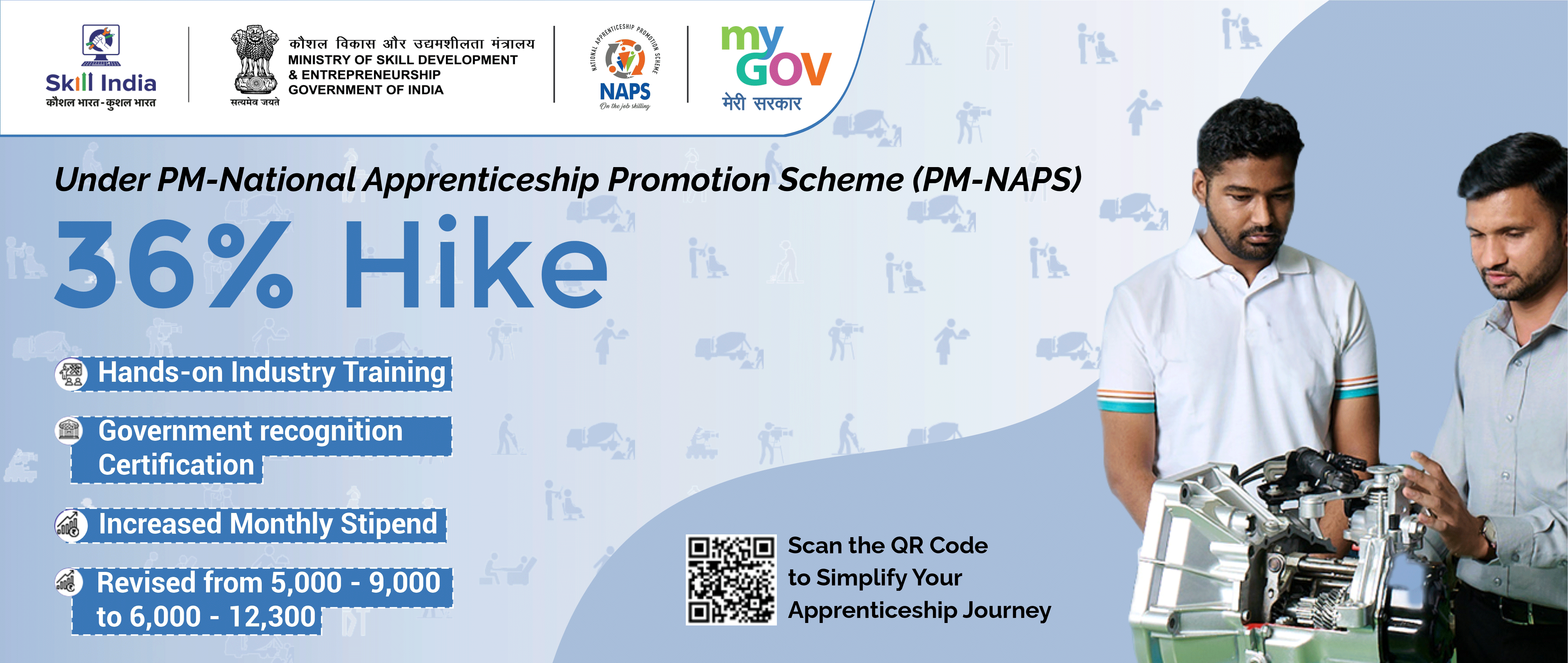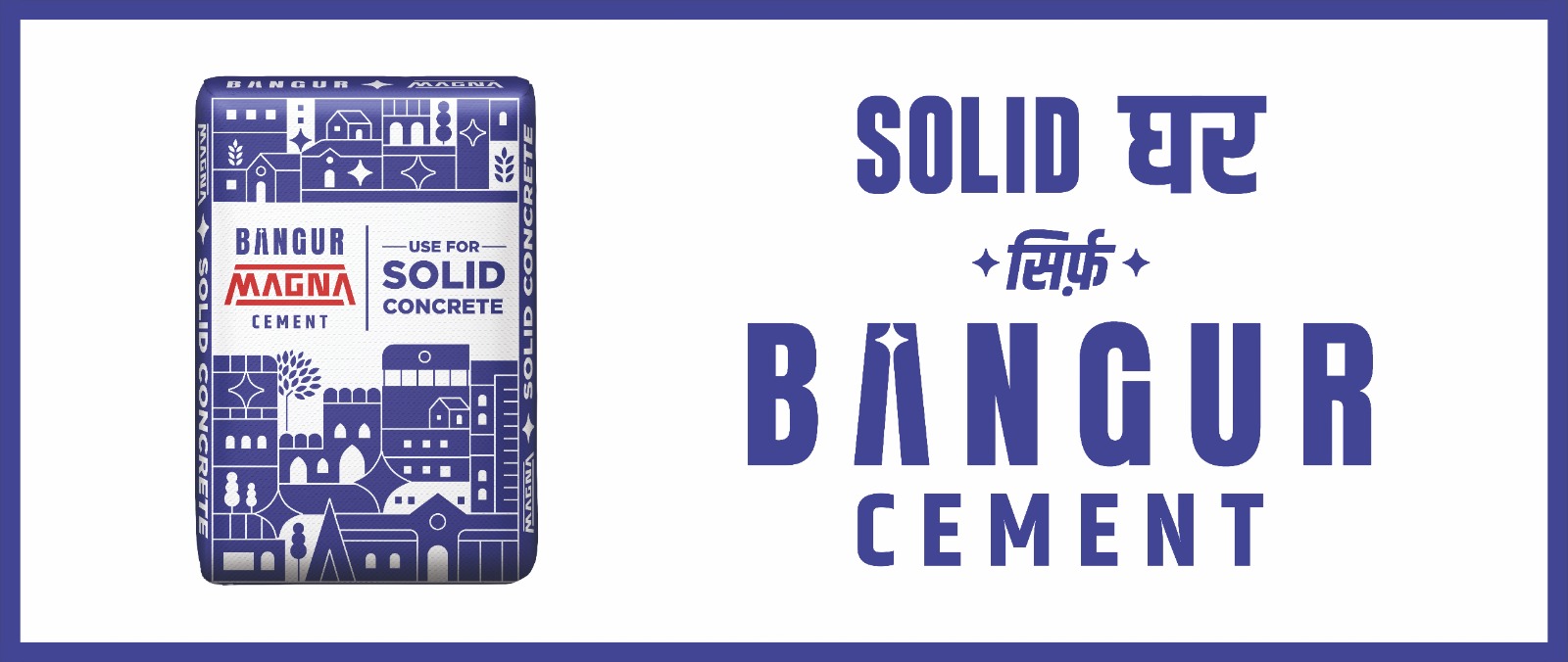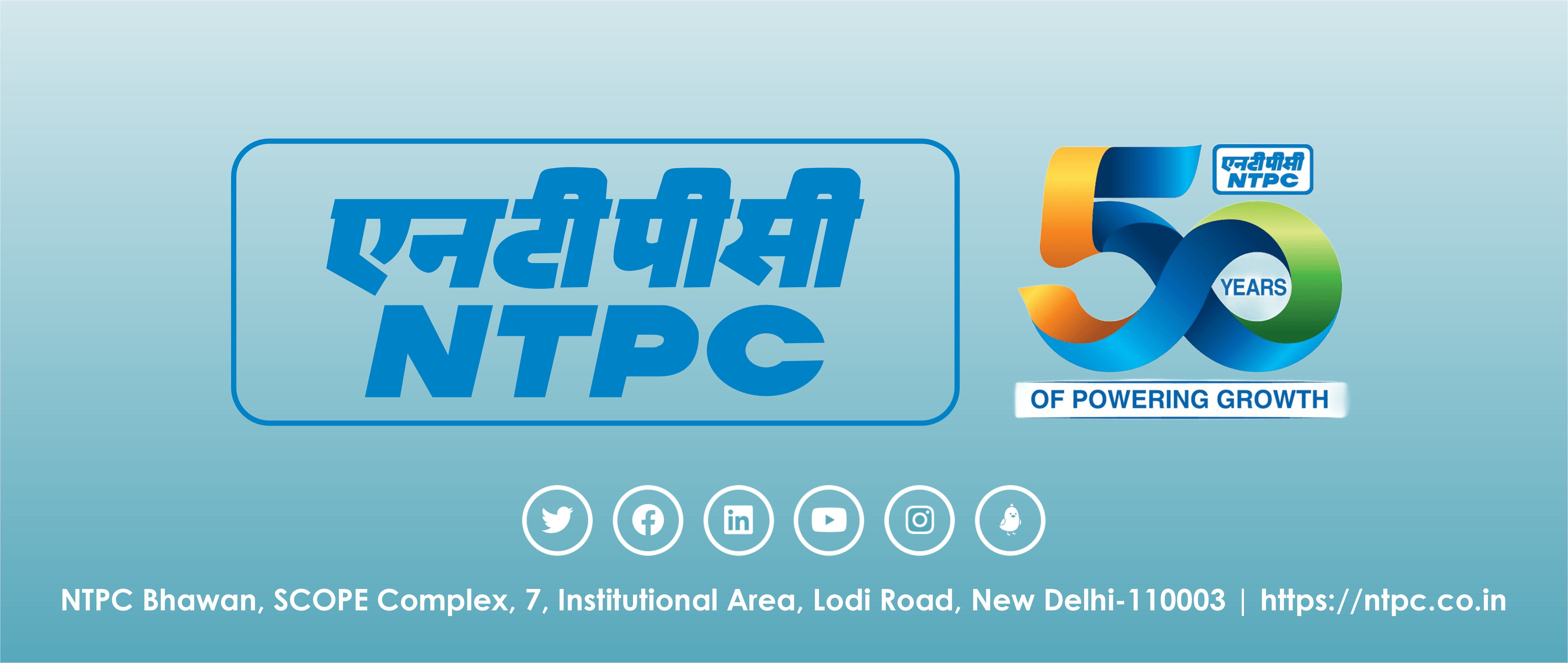TO RECIEVE EXCLUSIVE POSTS AND NEWS
Must Read
Trust Vs Competence: Will NaMo Admin 2.0 opt for a shift of parameters in top postings?
By IndianMandarins- 04 Jun 2019
1942In his second term in office the PM is widely believed to opt
for a bureaucratic reshuffle soon. This is mainly because he now looks for
impeccable performance and high degree of efficiency. Thus, the bureaucratic
flab is to be cut to ensure that passing the buck becomes an old story. It is
expected that NaMo administration 2.0 may bring some of the officers back to
Centre who were once repatriated prematurely and often unreasonably. At the
same this would require weeding out less competent officers who may well think
to be safely ensconced in high positions.  In 2014 PM did not know ‘New Delhi’ as much as he does now.
Hence, he went largely by recommendations made by the people whom he trusted.
But now is the time to make amends in the old scheme of things. This is more so
since PM observed in his election speeches that his first term went in for
preparing for development (Vikas) whereas the next would be for actualising the
task of development (Vikas).  One may observe well that his latest approach is also guided
by an urge for stability. As a matter of fact several ministers have been
allocated their earlier portfolios. This is the case with Dharmendra Pradhan,
Javadekar, R K Singh, Piyush Goyal. Extension to Defence Secretary Sanjay Mitra
and appointment of Ajit Doval as NSA also indicate it. Transformation of S
Jaishankar from a Secretary in the past to the post of a Cabinet Minister too
bolsters this. But at the same time PM appears eager to break the inertia and
set the ball rolling faster than before. So expect a few changes in the
bureaucracy. Â There are indications that a new personnel management policy
is said to be in the offing where the staff has to be in sync with the
administration’s priorities rather than banking upon the trust and faith in the
regime as has been the case during his first term.  This is so despite the fact that PM’s first term had shaken
the entire bureaucracy with induction of 360 methods, digitisation of offices
and files, finger-print attendance, frequent reshuffles in bulk and premature
repatriation of officers to their States. This may have worked in the past
irrespective of what officers may have thought about the steps taken when Modi
assumed power at the Centre in 2014. Yet, now it is being viewed to have
outlived its utility. Â Thus, his second term is to witness a shift in approach. With
the huge mandate given to him by the electorate PM Modi has joined the league
of his as illustrious predecessors as Nehru and Indira Gandhi. Like them Modi
may too like to create a history by looking for new ideas and finding ways and
means to implement them. This calls for picking up a dedicated and focused
bureaucracy for his office and some of the other key posts in Central
administration.  In any case the PM is now more familiar with bureaucracy than
during his first term. This time NaMo’s agenda is to show distinct stamp of his
administration through marked changes in both economy and polity by 2022 when
the nation completes 75 years of its independence. (By Rakesh Ranjan & Abid Shah)

Readers' Choice
RK Sharma takes charge as DGP 03 Jul 2025
Bihar’s Revenue Secretary may resign to contest Assembly election 03 Jul 2025
R K Sharma is the new Rajasthan DGP 30 Jun 2025
Centre swings surprise, Gujarat DGP gets extension in service 30 Jun 2025
Tenure of Chhattisgarh Chief Secretary extended 30 Jun 2025
Trust Vs Competence: Will NaMo Admin 2.0 opt for a shift of parameters in top postings?
By IndianMandarins - 2019-06-04 13:38:02

In his second term in office the PM is widely believed to opt
for a bureaucratic reshuffle soon. This is mainly because he now looks for
impeccable performance and high degree of efficiency. Thus, the bureaucratic
flab is to be cut to ensure that passing the buck becomes an old story. It is
expected that NaMo administration 2.0 may bring some of the officers back to
Centre who were once repatriated prematurely and often unreasonably. At the
same this would require weeding out less competent officers who may well think
to be safely ensconced in high positions.
Â
In 2014 PM did not know ‘New Delhi’ as much as he does now. Hence, he went largely by recommendations made by the people whom he trusted. But now is the time to make amends in the old scheme of things. This is more so since PM observed in his election speeches that his first term went in for preparing for development (Vikas) whereas the next would be for actualising the task of development (Vikas).Â
Â
One may observe well that his latest approach is also guided by an urge for stability. As a matter of fact several ministers have been allocated their earlier portfolios. This is the case with Dharmendra Pradhan, Javadekar, R K Singh, Piyush Goyal. Extension to Defence Secretary Sanjay Mitra and appointment of Ajit Doval as NSA also indicate it. Transformation of S Jaishankar from a Secretary in the past to the post of a Cabinet Minister too bolsters this. But at the same time PM appears eager to break the inertia and set the ball rolling faster than before. So expect a few changes in the bureaucracy.
Â
There are indications that a new personnel management policy is said to be in the offing where the staff has to be in sync with the administration’s priorities rather than banking upon the trust and faith in the regime as has been the case during his first term.
Â
This is so despite the fact that PM’s first term had shaken the entire bureaucracy with induction of 360 methods, digitisation of offices and files, finger-print attendance, frequent reshuffles in bulk and premature repatriation of officers to their States. This may have worked in the past irrespective of what officers may have thought about the steps taken when Modi assumed power at the Centre in 2014. Yet, now it is being viewed to have outlived its utility.
Â
Thus, his second term is to witness a shift in approach. With the huge mandate given to him by the electorate PM Modi has joined the league of his as illustrious predecessors as Nehru and Indira Gandhi. Like them Modi may too like to create a history by looking for new ideas and finding ways and means to implement them. This calls for picking up a dedicated and focused bureaucracy for his office and some of the other key posts in Central administration.Â
Â
In any case the PM is now more familiar with bureaucracy than during his first term. This time NaMo’s agenda is to show distinct stamp of his administration through marked changes in both economy and polity by 2022 when the nation completes 75 years of its independence.
(By Rakesh Ranjan & Abid Shah)























